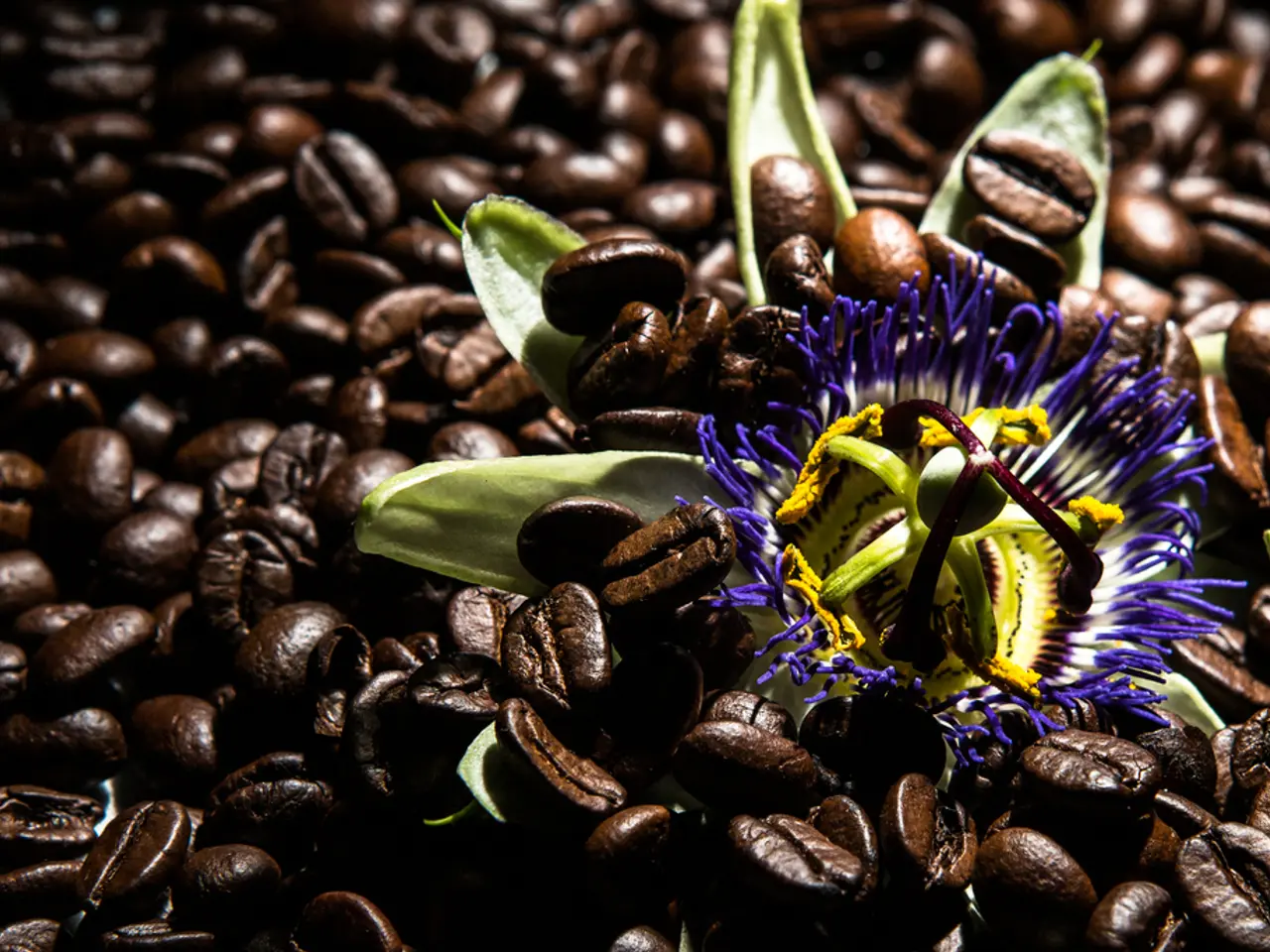FutureCeuticals Initiates Lawsuit Against NeuroRush 2025: Dispute Over Duplicate Botanical Patents
In a bold move, VDF FutureCeuticals, Inc. has filed a lawsuit against Aura Scientific for alleged infringement on multiple patents related to coffee fruit technology and brain performance ingredients. The lawsuit specifically targets Aura Scientific's product NeuroRush, an extract of whole coffee fruit.
According to J. Randal Wexler, FutureCeuticals' Vice President & General Counsel, NeuroRush offers nothing new and infringes on FutureCeuticals' patented discoveries in the coffee fruit sector. Wexler further stated that the infringement is open and willful, potentially harming FutureCeuticals and its licensees selling products containing their genuine ingredients CognatiQ® and NeuroFactor®.
FutureCeuticals claims to have created the whole coffee fruit market segment and owned patents covering extracts of whole coffee fruit for many years. Their coffee fruit technology includes patents related to coffee fruit compositions for brain performance, discovered following multiple human clinical trials.
The lawsuit seeks monetary damages, a finding of willful infringement, and the complete cessation of sales of the infringing ingredient NeuroRush. FutureCeuticals encourages product manufacturers to carefully evaluate their decision to include NeuroRush in their products in light of FutureCeuticals' clear IP rights.
FutureCeuticals takes their obligations to protect their IP on behalf of themselves and their customers very seriously. They are committed to ridding the market of the infringing ingredient NeuroRush entirely.
The person responsible at Aura Scientific and accused by FutureCeuticals in connection with the lawsuit is David Moll. Several dietary supplement consumer brands, both large and small, have recently launched brands containing Aura Scientific's NeuroRush in their formulations.
Mr. Wexler stated that FutureCeuticals will vigorously protect and defend their IP rights in court to the fullest extent of the law. The lawsuit marks a significant development in the ongoing dispute between the two companies and could potentially reshape the dietary supplement industry's approach to intellectual property rights.
Read also:
- Money allocated, approximately 1.17 million euros, for local nursing conferences
- Leeds set for a healthier future through new collaborative endeavor
- Eight strategies for promoting restful slumber in individuals with hypertrophic cardiomyopathy
- Exploring the Strength of Minimally Digestible Diets: A Roadmap to Gastrointestinal Healing





